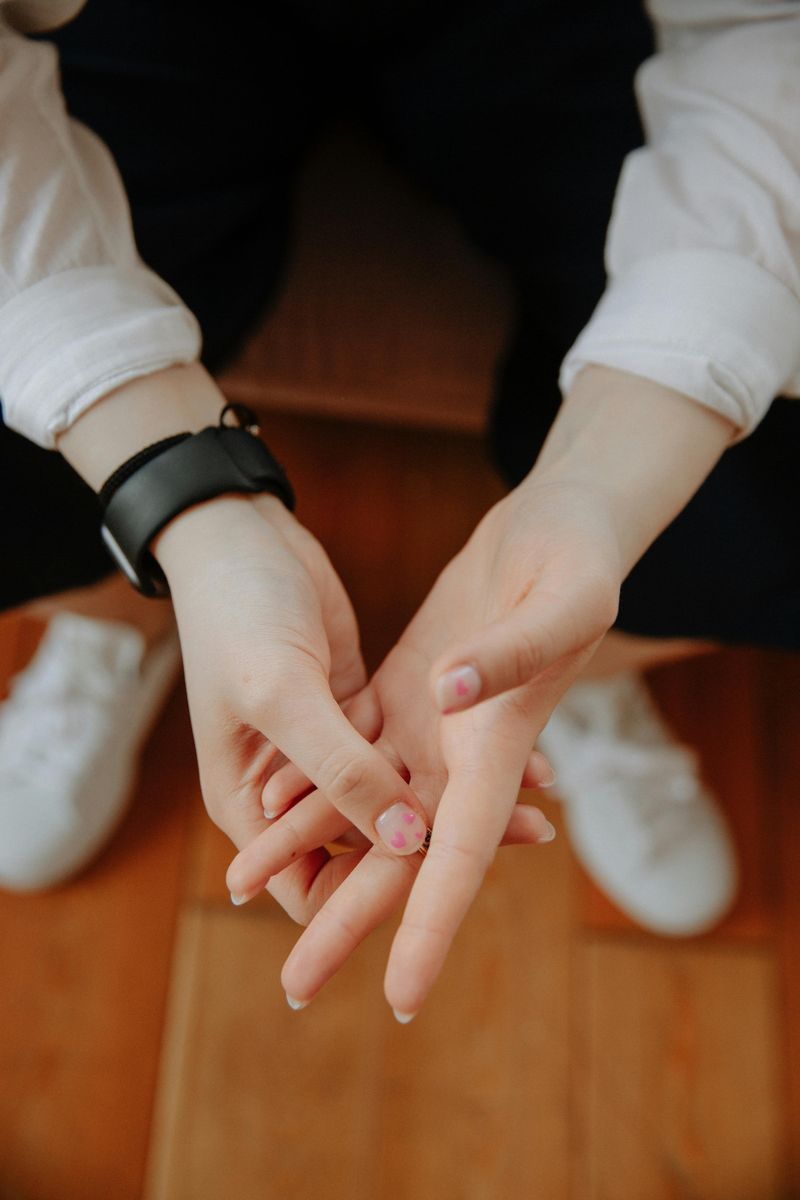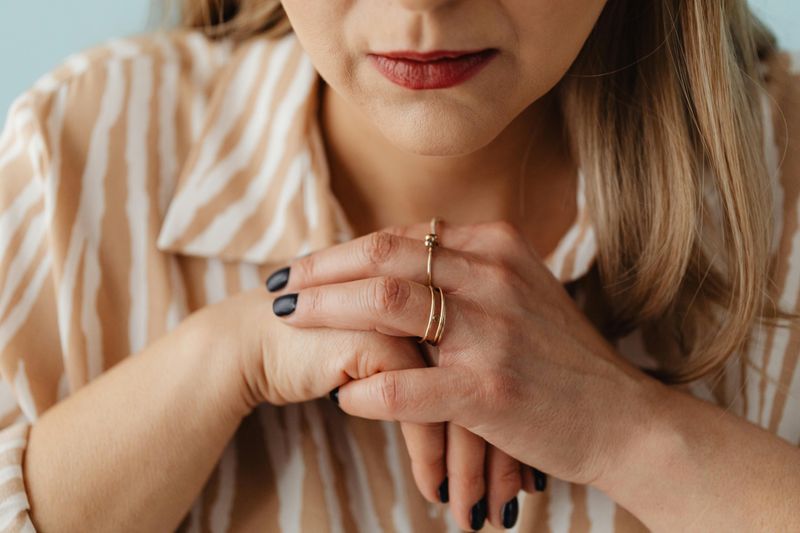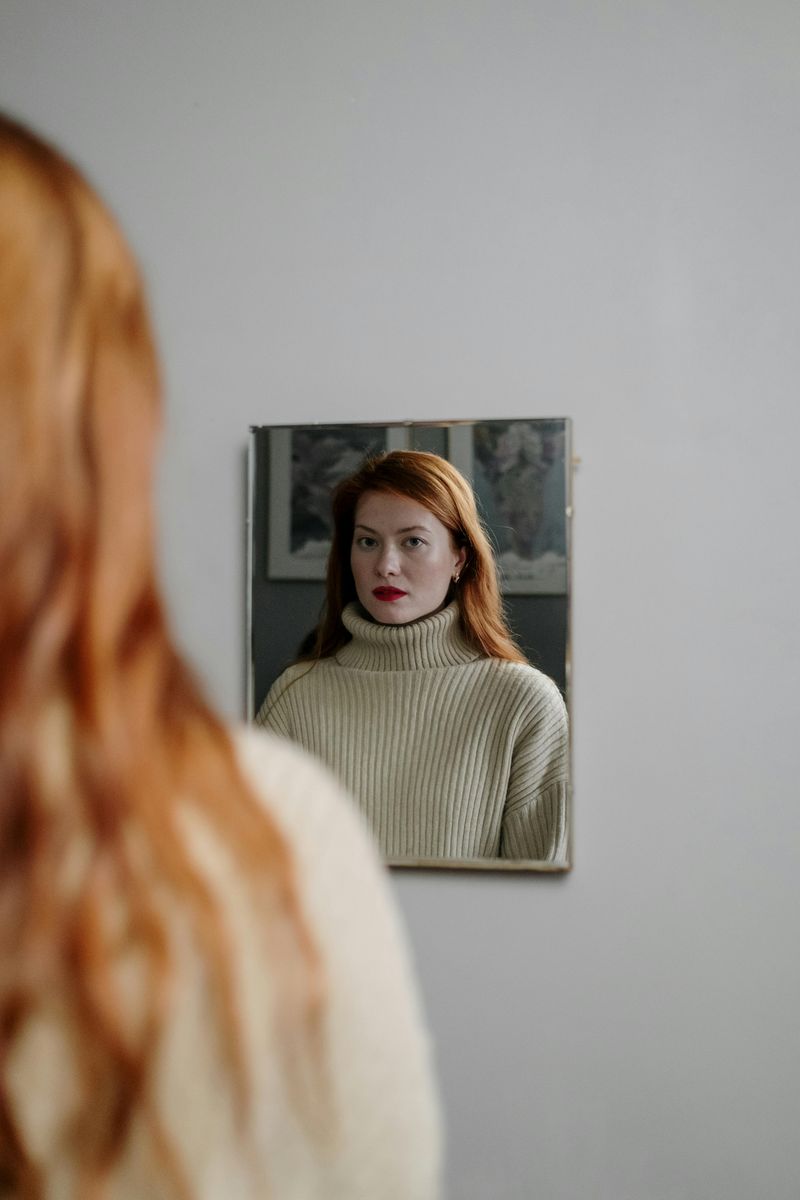Love should make you feel safe, confident, and free to be yourself. But sometimes, what looks like love is actually control wearing a disguise. Psychologists warn that certain feelings in a relationship are red flags that shouldn’t be ignored.
Understanding the difference between genuine affection and manipulation can help you protect your emotional well-being and recognize when something isn’t right.
1. You Feel Like You’re Always Walking on Eggs
When every word feels like it needs careful filtering, something has gone wrong. Constantly watching what you say or do just to avoid an outburst isn’t maintaining harmony—it’s survival mode.
Many people mistake this tension for being considerate or thoughtful. But genuine relationships allow room for honest expression without fear of consequences. Your thoughts and feelings deserve to exist without constant editing.
Real love doesn’t require you to shrink yourself. If you’re censoring your authentic self regularly, that’s a warning sign worth examining closely.
2. You Feel Guilty for Wanting Space
Needing time for yourself isn’t selfish—it’s essential for mental health. Yet some partners twist this normal need into something shameful. They make you feel like wanting space means you don’t care enough.
Healthy relationships respect boundaries and understand that independence strengthens connection. When someone makes you feel bad for having your own life, they’re not loving you—they’re controlling you. True affection celebrates your whole identity, not just the parts that involve them.
Notice how you feel when you mention plans without them. Does guilt wash over you immediately? That emotional response didn’t develop naturally—it was planted there.
3. You Second-Guess Your Own Judgment
Trusting your instincts becomes impossible when someone constantly questions your perception. You begin wondering if you’re overreacting, too sensitive, or imagining problems that aren’t really there.
This isn’t healthy self-reflection—it’s the aftermath of subtle gaslighting. Manipulative partners chip away at your confidence in your own experiences. They rewrite reality until you rely on their version instead of trusting what you actually felt or saw.
4. You Apologize More Than You Should
“Sorry” shouldn’t be your automatic response to existing. When apologies become reflexive, the relationship balance has tipped dangerously. Controlling partners create environments where you feel perpetually at fault.
You apologize for having opinions, taking up space, or expressing needs. Sometimes you say sorry without even knowing what you did wrong—just sensing their displeasure is enough. This constant self-blame erodes your sense of worth over time.
If you’re apologizing for normal human behavior regularly, someone has trained you to feel smaller than you are.
5. You Feel Drained After Seeing Them
Love energizes; control exhausts. Pay attention to how you feel after spending time together. Does their presence leave you emotionally wiped out, needing hours to recover?
Healthy relationships might tire you physically from activities, but they shouldn’t consistently drain your spirit. When interactions feel like performances requiring intense focus and energy management, something toxic is happening.
That persistent fatigue isn’t coincidence—it’s your system responding to constant stress. Genuine connection restores you, fills your cup, and leaves you feeling more yourself. Anything else deserves serious reconsideration.
6. You Hide Parts of Yourself
Dimming your light to make someone else comfortable isn’t compromise—it’s erasure. You downplay accomplishments, avoid mentioning certain friends, or pretend to hold opinions you don’t actually have.
Real love celebrates all of who you are, including the parts that shine independently. When you’re hiding pieces of yourself to “keep things easy,” you’re sacrificing authenticity for false peace.
You deserve someone who wants the whole, authentic version of you—not an edited copy designed for their comfort.
7. You Feel Like You Owe Them Constant Updates
“Where are you?” “Who are you with?” These questions dressed up as caring are actually surveillance. Demanding constant updates about your location and company isn’t affection—it’s monitoring.
Trust doesn’t require GPS coordinates and friend inventories. When someone frames excessive checking as concern, they’re disguising control as care.
That obligation you feel to provide constant updates wasn’t your idea—it was imposed. Real relationships allow freedom of movement without interrogation. If you’re reporting your whereabouts like a child to a parent, the dynamic has become unhealthy and restrictive.
8. You’re Afraid of Disagreeing
Disagreement in loving relationships sparks conversation and growth. In controlling ones, it triggers punishment—anger, silent treatment, or elaborate guilt trips that make you regret speaking up.
You’ve learned that having different opinions costs too much emotionally. So you nod along, swallow your thoughts, and pretend to agree even when everything inside you protests. That fear didn’t appear randomly—it was taught through repeated negative consequences.
When you’re terrified of expressing different viewpoints, you’re not in a partnership—you’re in a dictatorship.
9. You Feel Small Around Them
Notice how you feel in their presence—do you seem smaller, less capable, more dependent than you actually are?
Controlling partners cultivate your inadequacy because it keeps you attached. They position themselves as necessary for your survival, subtly undermining your confidence and independence. What looks like protection is actually containment designed to keep you manageable.
You’re more capable than they’ve convinced you to believe. Genuine love builds you up and celebrates your strength. When someone consistently makes you feel diminished or incapable, they’re not caring for you—they’re keeping you small enough to control.
10. You Miss Who You Were Before
Remember who you were before this relationship? That confident, vibrant person with dreams and spark seems like a distant memory now. When you realize you’ve lost yourself, that’s the clearest warning possible.
Healthy love helps you grow into fuller versions of yourself. Control makes you disappear gradually—your interests fade, friendships drift away, and that essential spark dims until you barely recognize your reflection.
Love should enhance who you are, never erase it completely.










